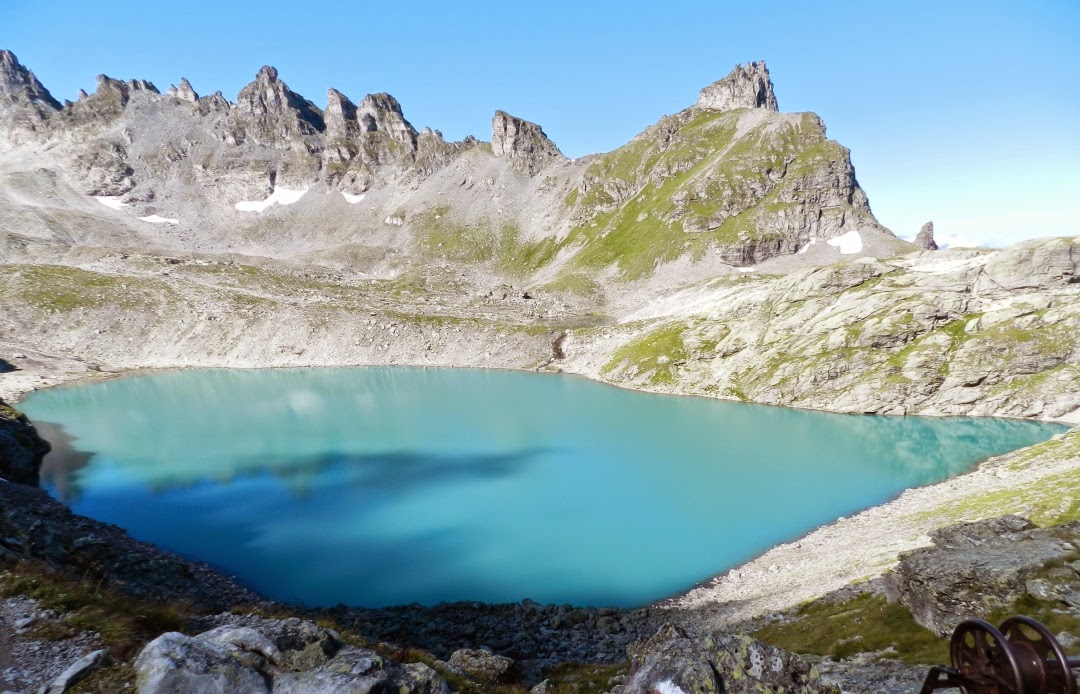This is what I did on a first sunny day after months of rain. I went hiking.
Saturday 23 August 2014
Wanderlust
Labels:
5-lakes walk,
5-seen-wanderung,
hiking,
mountains,
nature,
pizol,
swiss lakes,
switzerland,
wanderlust
Friday 15 August 2014
How To Make Neriage Earrings?
In February
this year I had my first exhibition in Vienna. During the month-long
exhibition, I was surrounded by visitors who love ceramics but had a little
or no knowledge of the different ceramic processes and methods. I often found
myself explaining the aspects of my work that seemed so self-evident to me.
When you work with clay for such a long time, it appears to you that everything
about ceramics is self-explanatory.
Soon I
realized that even though I had tagged my pieces as neriage, the visitors
mostly didn’t know about this old Japanese technique.
Since I offer
some of my neriage earrings in my etsy shop and I know some of my readers are
not potters or clay artists, I will briefly explain the process.
My neriage
earrings are made of porcelain in two colours: white and blue. To colour the
blue porcelain, I soak some dried leftovers from trimming the porcelain and add
the pigments. I put the coloured sludge on the plaster bat for a few hours and
let it stiffen a bit. When the consistency is right I can wedge the porcelain.
Now I can
assemble different layers of white and blue porcelain in a compact block. It is
important that the block has no air bubbles. You should also make sure that the
different coloured layers of porcelain are tightly pressed together to prevent
cracking during firing.
When the
neriage block is finished, I slice many thin sheets. I cut the block
lengthwise, but you can also do it diagonally to get different patterns. I went
for a simple white and blue stripe-pattern because I wanted to achieve some
French Riviera fresh and summerly feeling.
I cut
different shapes of small plates or beads and let them dry before I bisque fire
them. At this point, the porcelain beads are quite rough and thick. Usually I
sand them after the first firing because the porcelain is too delicate to
handle as a green ware. So they get their final shape and smooth texture before
I glaze them. This is a very time consuming part of the process and many of the
beads get broken during the sanding.
After glazing them with a clear and transparent glaze they go to the kiln again.
So, the white
and blue stripes are not painted but they are created with this demanding and
time consuming Japanese technique.
Subscribe to:
Posts (Atom)



















